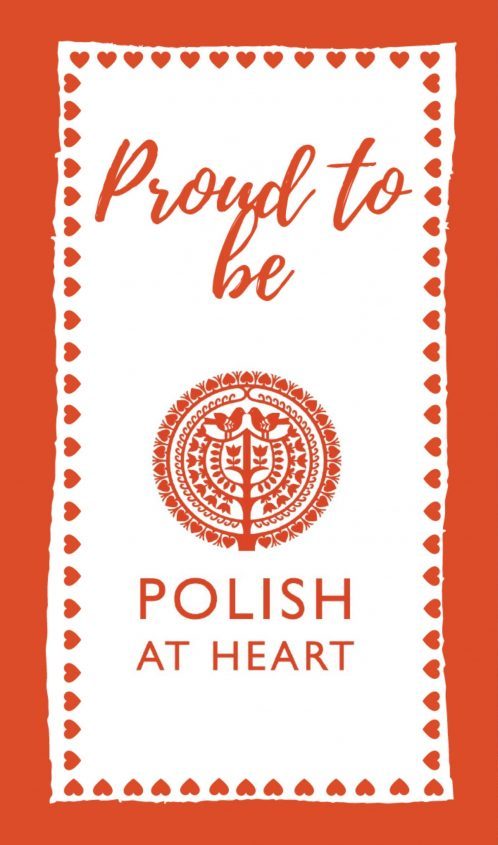As the ‘season of mists and mellow fruitfulness‘ progresses into winter and ‘nothing gold does stay,‘ our thoughts turn to the upcoming days of remembrance. In honouring our dearest departed at the feasts of All Saints and All Souls in November, we accept the turn of the seasons, the losses that bring winter to our lives and the eternal hope of spring to come. There is reason behind these traditional burial practices, which allow those who grieve, time to comprehend the loss, that their loved one has moved on. I came across the following article about folk beliefs, written many years ago by Father Zdzisław Peszkowski and I’m sharing the whole text.
Apprehension
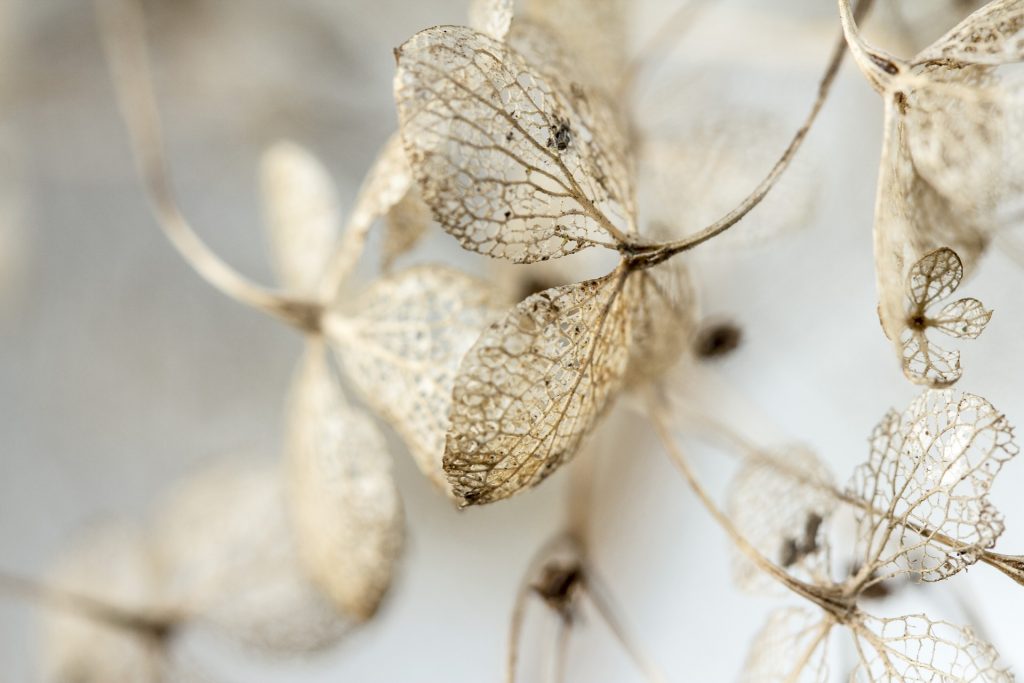
“Polish peasants had a certain natural apprehension of the corpse and the spirits of the dead. Therefore, they tried to ease and expedite the process of dying so that the spirits of the dead would not linger. For this reason pillows were removed from under the dying. Gromnice (votive candles) blessed at Candlemas (2 February) were lit to light the way for the departing soul and also to ward off the forces of evil. The dying person was incensed with blessed herbs and sprinkled with holy water.
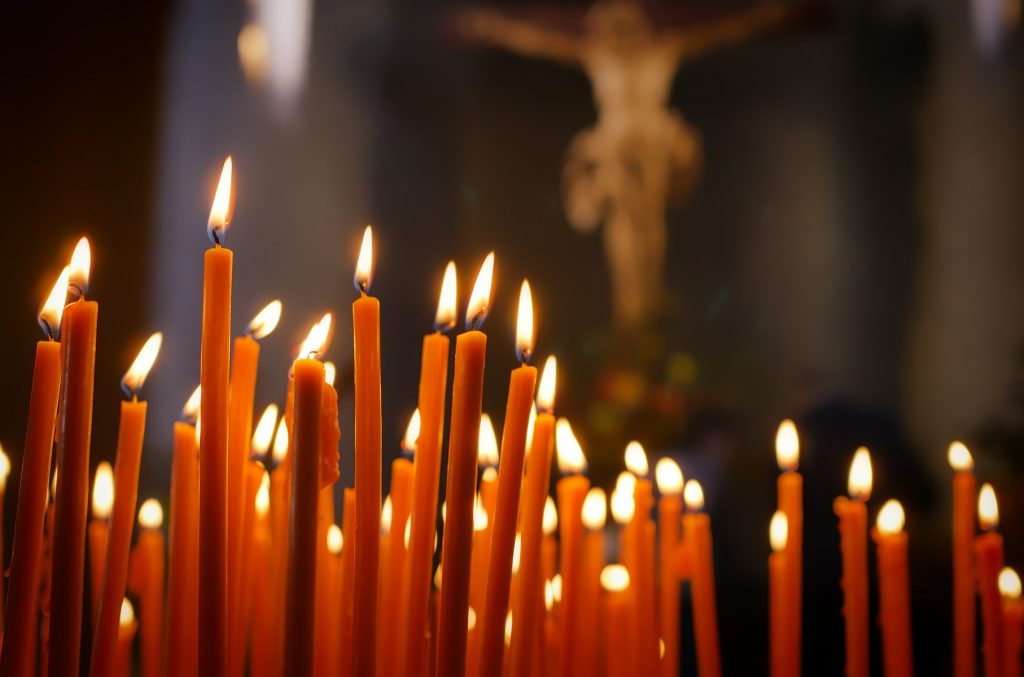
Desolate night of prayer
Once the person died, doors and windows were left open to allow the soul to depart. Clocks were stopped and mirrors turned around so that the deceased would not see his own reflection in them and so the living might not see the deceased person’s image nor the image of death in them. The departed was always dressed in a new suit of clothes so that he or she may stand unashamed at the Last Judgment.
The corpse always was, and still is, laid out at home. Vigil was kept over the body from the moment of death until the funeral. Throughout the whole night before the funeral, the pious Christian custom of a wake (Pusta Noc) was held. The wake was characterised by the singing of dirges, both ecclesiastical and popular as well as by the chanting of Psalms over the last remains.
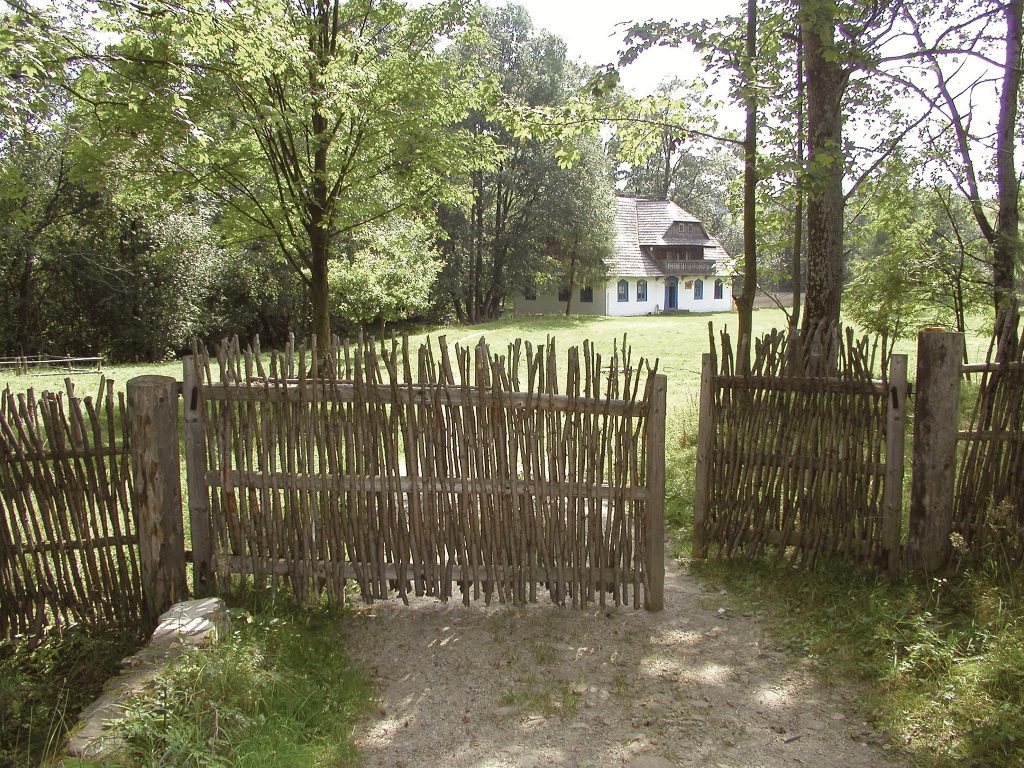
Final farewell
On the day of the funeral, after two introductory prayers, family members kissed and embraced the deceased while friends clasped the hand, uttering words of farewell. The deceased was carried out feet first so that he or she would not return [in spirit form]. On the way out the coffin was banged three times against the doorstep in farewell to the domestic spirits, once thought to reside there.
After the church service, the funeral cortege was formed.It was led by a horse drawn hearse, followed by the crucifix and torch bearing altar boys and priest and closed by mourning relatives and friends. The cortege usually stopped at a wayside cross or shrine where the funeral oration was delivered. At this point, in many regions, the relatives departed for home in order not to bring death home again from the cemetery.
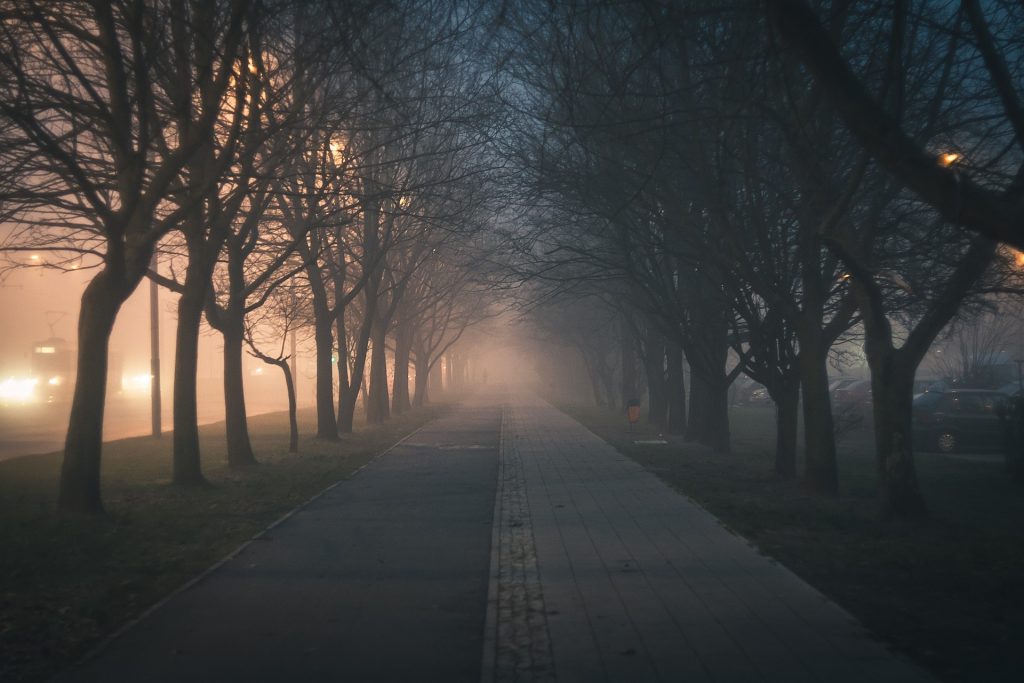
At the cemetery the priest said the prayers for the departed. As the coffin was lowered into the ground the participants would sing the dirges “Oh Welcome Queen of Heaven” (“Witaj Królowo Nieba”) and toss three handfuls of earth upon the coffin so that “the earth might bear lightly upon him”.
A good sleep
The funeral rites were closed by the “stypa”, the funeral feast, a sumptuous banquet featuring the best possible foods. Ritual foods such as pęczak (hulled barley) and łazanki (noodles with honey and poppy seeds) were also eaten on this occasion. These and similar dishes such as Kutia were also served on All Souls Day and at Christmas in commemoration of the dead. The symbolism is as follows: Grain – life after death. for it must die in the ground in order to be reborn; honey – the sweetness of our future existence with God; poppy seeds for a good sleep.
The spirit of these moving funeral rites may best be expressed in the words of an ancient prayer:
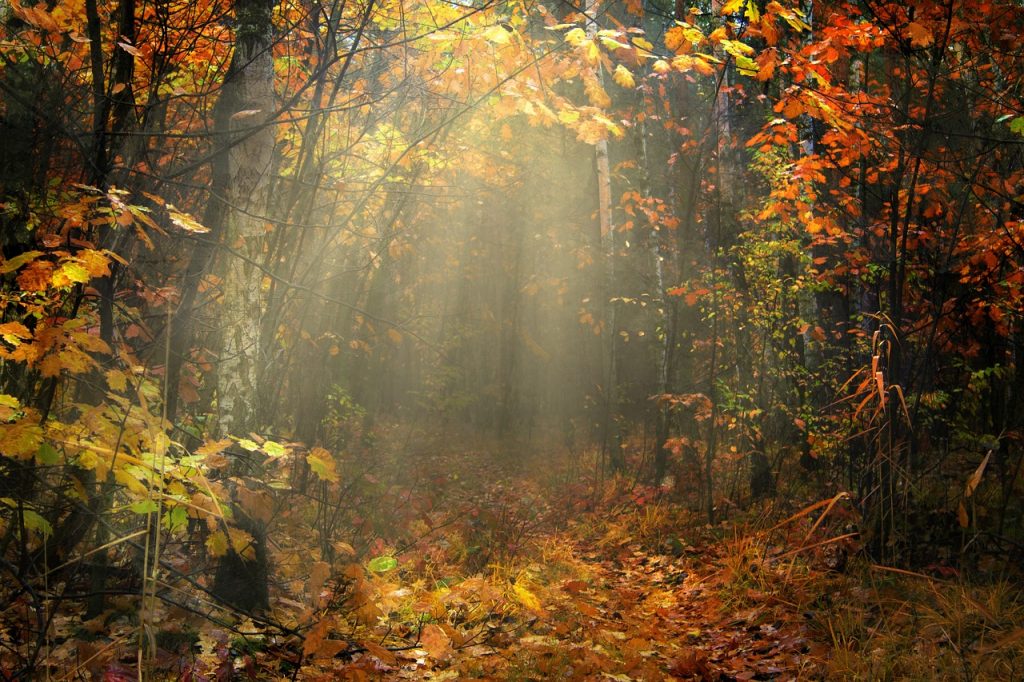
“Oh, Lord, give rest to the soul of Thy departed servant in a place of brightness, a place of refreshment, a place of repose from where all sickness, sorrow and sighing have fled away”
The article was taken from the book “The Polish Year: Reflections on Polish Culture, Religious and Folk Observances.” written by Ks. Zdzisław Peszkowski and published by the SS Cyryl and Methodius Seminary, Department of Polish Pastoral Language (date unknown). Photos from Pixabay.
Father Peszkowski, born in Sanok in 1918, was a scout and served as a cavalryman in 1939. He was captured by the Soviets but avoided massacre by being transferred away from the Kozielsk camp where officers met their death. Able to leave Russia with the newly formed Polish army after the so called ‘amnesty’, he was assigned to organise scouting for the Polish youth in Iran, then India. He taught many, including my father, the difficult art of forgiving without forgetting, of resuming life in a free world with new skills and a joy for life.
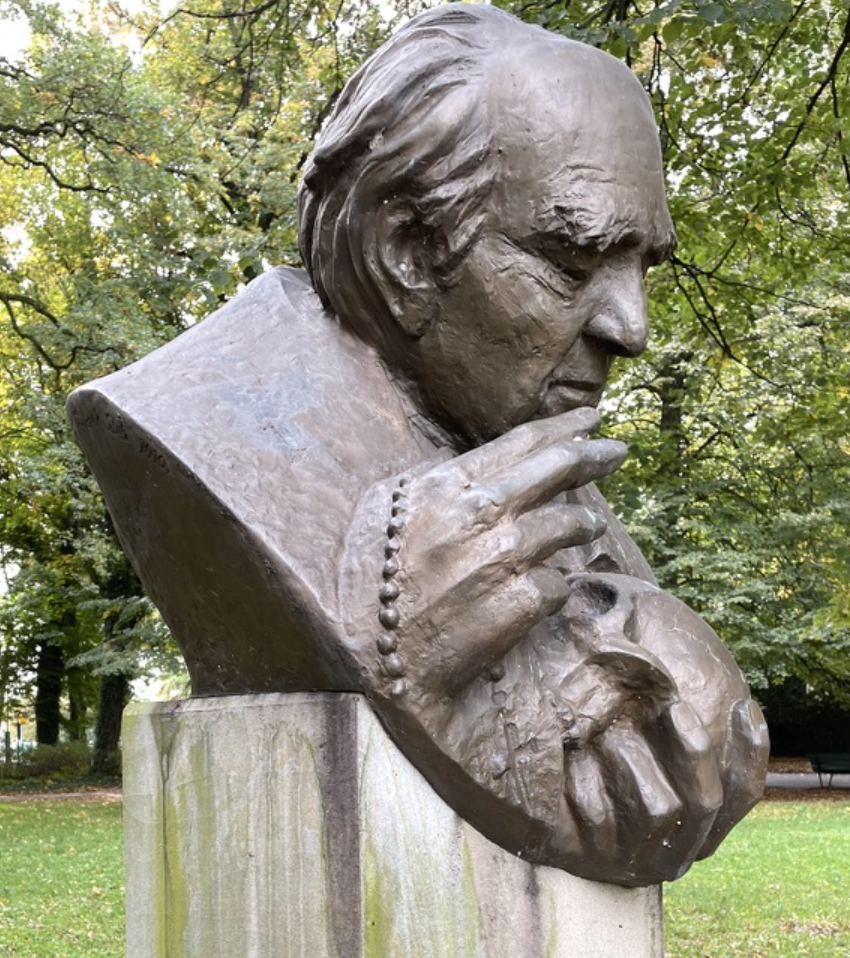
Following the war, he entered the SS Cyryl and Methodius Seminary in the USA. Ordained in 1954, he stayed on to teach in the school for Polish boys. He spoke boldly about the Katyń crime which he called the Golgotha of the East, especially to the next generation as Chief Chaplain of the worldwide Polish Scouting Association. After Polish independence, he retired there and fought publicly to reveal the truth about Katyń, hoping that this would be the basis for better understanding between Poland and Russia. He died in Warsaw in October 2007.
You may also wish to read:

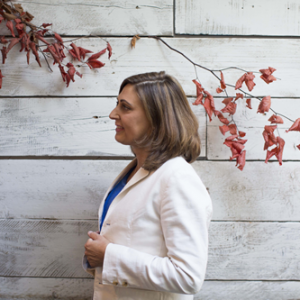
 1.Tracing Family History pre-WW2
1.Tracing Family History pre-WW2 2. Tracing Family History WW2
2. Tracing Family History WW2